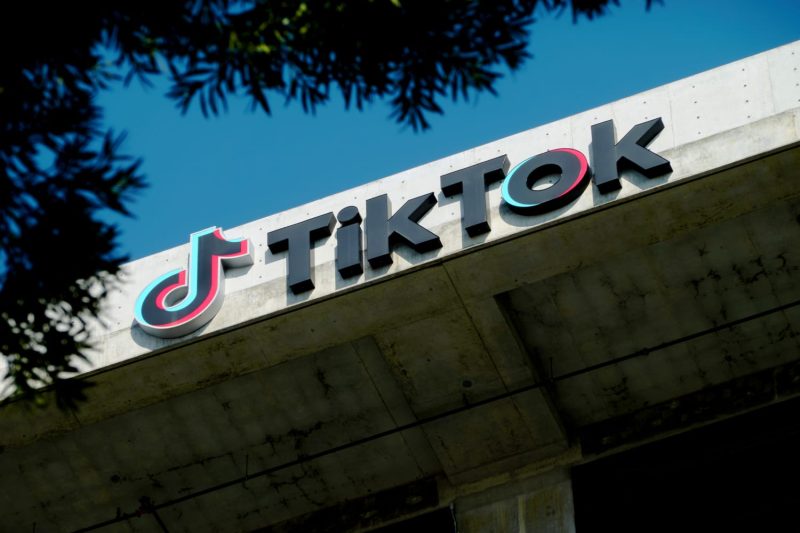The recent incident involving TikTok’s parent company firing an intern for allegedly interfering with its AI technology has sparked discussions around ethics in the tech industry and the responsibilities of individuals working with advanced technologies. The incident sheds light on the potential risks associated with unauthorized access and manipulation of AI systems, and underscores the need for strict guidelines and regulations to govern the use of AI technology.
The development comes at a time when AI technology is becoming increasingly integrated into various aspects of our daily lives, from social media platforms to healthcare and finance. While AI has the potential to revolutionize industries and drive innovation, it also raises ethical concerns related to data privacy, bias, and security.
The intern’s actions, as reported by the company, highlight the importance of maintaining the integrity and security of AI systems. Unauthorized access to AI technology can have far-reaching consequences, including compromising user data, disrupting services, and undermining trust in the technology itself. It is essential for organizations to implement robust security measures and access controls to prevent unauthorized individuals from tampering with AI systems.
Furthermore, the incident underscores the need for clear ethical guidelines and standards in the field of AI. As AI technology continues to advance rapidly, it is crucial for organizations and individuals working with AI to adhere to ethical principles that prioritize transparency, accountability, and the protection of user rights. Regulatory bodies and industry associations play a crucial role in developing and enforcing ethical guidelines to ensure that AI is used responsibly and ethically.
The incident also serves as a reminder of the potential risks posed by insider threats within organizations. While most employees and interns act in good faith, there is always a risk of individuals misusing their access to sensitive technologies for personal gain or malicious purposes. Organizations must implement strict access controls, regular monitoring, and training programs to mitigate the risk of insider threats and protect their AI systems from unauthorized interference.
In conclusion, the dismissal of the intern by TikTok’s parent company for allegedly interfering with its AI technology highlights the importance of maintaining the security and integrity of AI systems. The incident underscores the need for clear ethical guidelines, robust security measures, and stringent access controls to prevent unauthorized tampering with AI technology. As AI continues to play an increasingly prominent role in society, it is essential for organizations and individuals to prioritize ethics, transparency, and accountability in the development and use of AI technology.

